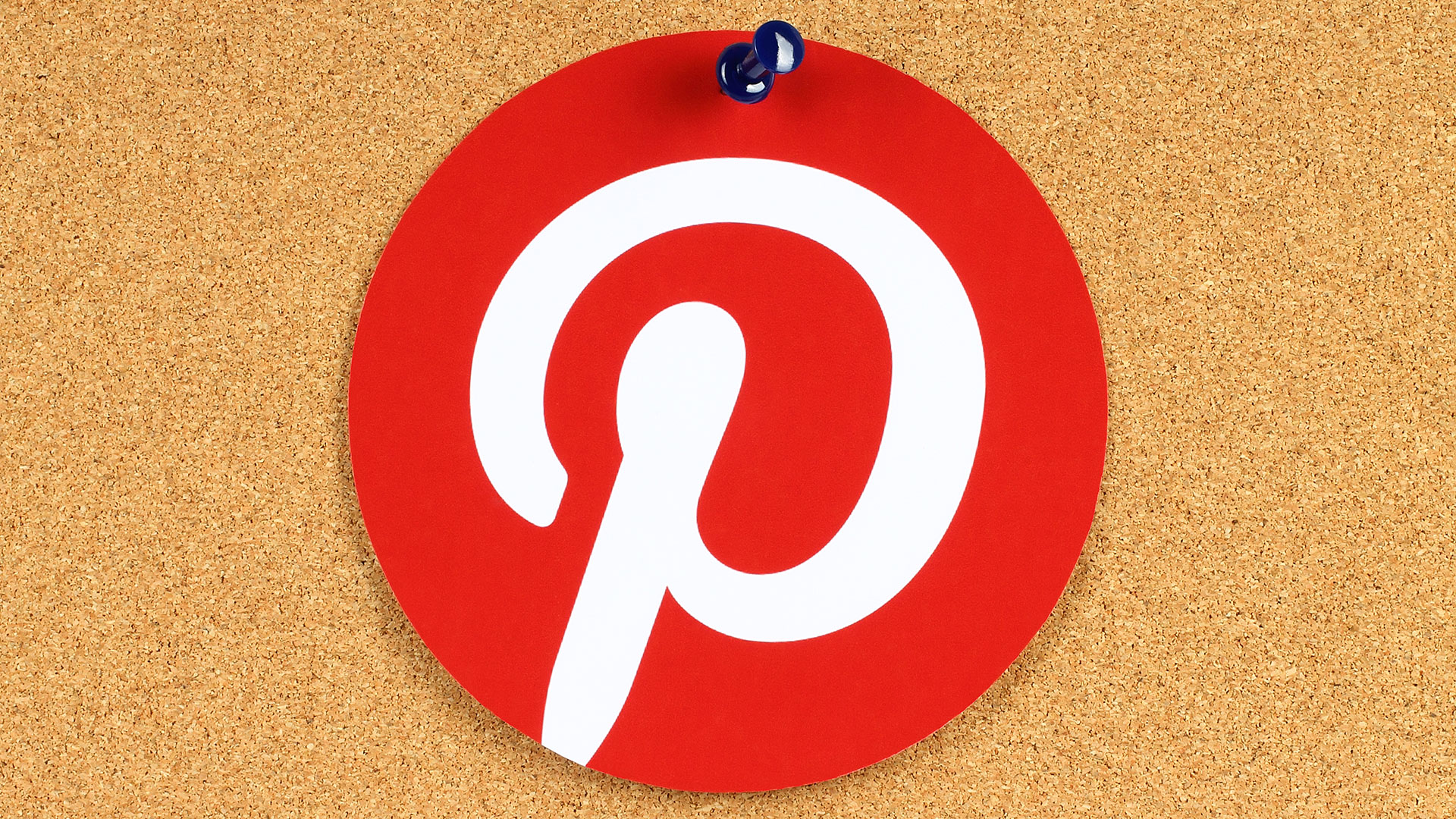The big picture: As the saying goes, slow and steady wins the race and for Pinterest, the finish line may be close. Many speculate the company could be preparing to go public as early as next year.
Pinterest isn't your run-of-the-mill Silicon Valley start-up. Launched in 2010 and founded by Ben Silbermann, Paul Sciarra and Evan Sharp, the virtual pinboard has taken a methodical and reserved approach to growth. It's one that has frustrated some employees and investors but it's been successful and largely steered Pinterest clear of the toxicity that is actively plaguing other social networks.
According to a recent report from The New York Times, the company now has 250 million monthly active users on its roster that have collectively pinned 175 billion items on three billion virtual boards. One person familiar with the company said it is on track to generate more than $700 million in revenue this year, good for a 50 percent increase compared to 2017.
In many ways, Pinterest is an anti-unicorn.
Two of its co-founders, Silbermann and Sharp, weren't engineers, and its first users weren't tech-savvy teenagers but rather, Midwestern women. When user growth slowed in 2014 and executives on the company's "growth" team proposed spending $50 million to acquire new users through marketing and to court celebrities, Silbermann declined.
"There's a natural rate at which you can scale a company that's healthy," he told The Times.
